Premium Only Content
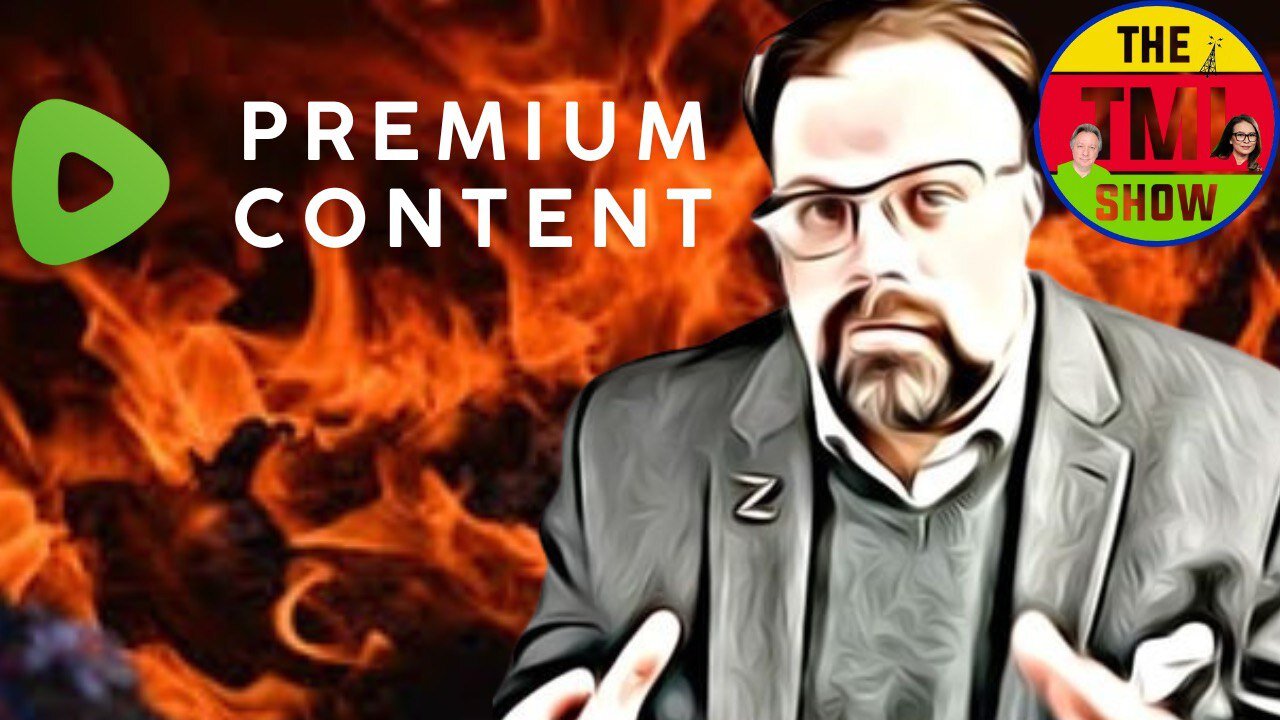
Mark Sleboda Drops Bombshell Insights on Ukraine & Global Power Plays with Manila Chan on TMI
Get ready for a riveting episode of The TMI Show as Manila Chan hosts Moscow-based international relations and security analyst Mark Sleboda. In this explosive interview, Mark pulls back the curtain on NATO’s controversial expansion history, dissects the Ukraine conflict, and exposes the high-stakes power plays reshaping global politics. With his unapologetic realist perspective and multipolar lens, Sleboda delivers electrifying insights into Western strategies, Russia’s countermoves, and the seismic shifts driving today’s geopolitical turmoil.
Key Topics Discussed:
NATO Expansion History: From post-Cold War growth to encroaching on Russia’s borders, the key milestones and broken promises
The Ukraine crisis: How NATO’s eastward push fuels conflict and global tensions
Western arms supplies and their role in escalating the war
Russia’s strategic response to NATO and its vision for a multipolar world
The growing influence of BRICS and the decline of Western dominance
Guest Bio:
Mark Sleboda is a Moscow-based international relations and security analyst known for his hard-hitting commentary on RT, Sputnik, and independent media. Specializing in Russia, Ukraine, and multipolar geopolitics, he offers a bold counter-narrative to Western mainstream perspectives.
Why Listen?
This episode of The TMI Show is a must for anyone craving the real story behind NATO’s expansion and its role in today’s global chaos. Mark Sleboda’s razor-sharp analysis, combined with Manila Chan’s fearless questions, delivers a conversation that’s as eye-opening as it is gripping. If you want to cut through the propaganda and understand the forces shaping our world, this is your chance.
NATO Expansion History Overview (Integrated Context):
1949: NATO founded with 12 members (U.S., Canada, 10 Western European nations) to counter Soviet influence.
1952-1955: Greece, Turkey, and West Germany join, expanding NATO’s footprint.
Post-Cold War (1990s): Promises made to Soviet leaders (e.g., “not one inch eastward”) were broken as NATO eyed former Warsaw Pact states.
1999-2004: Czech Republic, Hungary, Poland (1999), followed by Bulgaria, Estonia, Latvia, Lithuania, Romania, Slovakia, Slovenia (2004), bringing NATO to Russia’s borders.
2009-2020: Albania, Croatia (2009), Montenegro (2017), North Macedonia (2020) join, despite Russian objections.
2022-2024: Ukraine’s NATO aspirations and Finland/Sweden’s membership (2022-2024) escalate tensions, with Russia citing encirclement concerns.
Sleboda’s Take: Mark likely emphasizes NATO’s expansion as a provocative betrayal of post-Cold War agreements, driving Russia’s security concerns and the Ukraine conflict.
-
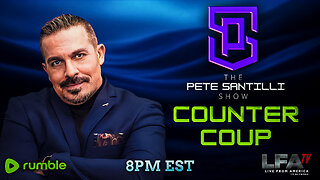 LIVE
LIVE
LFA TV
23 hours agoLFA TV ALL DAY STREAM - MONDAY 9/15/25
755 watching -
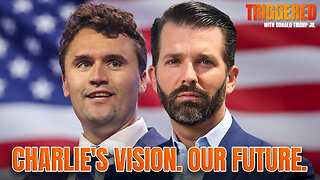 54:12
54:12
Donald Trump Jr.
3 hours agoCharlie's Vision. Our Future. | TRIGGERED Ep274
143K104 -
 1:03:35
1:03:35
BonginoReport
4 hours agoKirk’s Alleged Killer Dating Hateful Transgender??? - Nightly Scroll w/ Hayley Caronia (Ep.134)
80.4K103 -
 1:01:12
1:01:12
The Nick DiPaolo Show Channel
6 hours agoKirk Assassination Exposes Insane Left | The Nick Di Paolo Show #1793
50.7K19 -
 1:48:38
1:48:38
The Mike Schwartz Show
5 hours agoTHE MIKE SCHWARTZ SHOW Evening Edition 09-15-2025
24.1K11 -
 LIVE
LIVE
LIVE WITH CHRIS'WORLD
6 hours agoLIVE WITH CHRIS'WORLD - They Just Created 1 Million Charlie Kirks
94 watching -
 DVR
DVR
Quite Frankly
7 hours agoStaggering Evil, Official Stories & Open Lines | Rich Baris 9/15/25
22.7K5 -
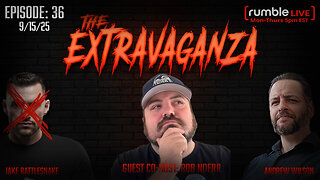 1:09:33
1:09:33
TheCrucible
5 hours agoThe Extravaganza! EP: 36 (9/15/25)
166K20 -
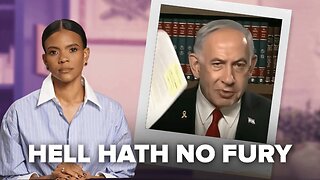 1:13:06
1:13:06
Candace Show Podcast
4 hours agoThey Are Lying About Charlie Kirk. | Candace Ep 235
101K504 -
 1:47:40
1:47:40
Kim Iversen
5 hours agoWas There a Second Shooter in the Charlie Kirk Attack?
56.7K95